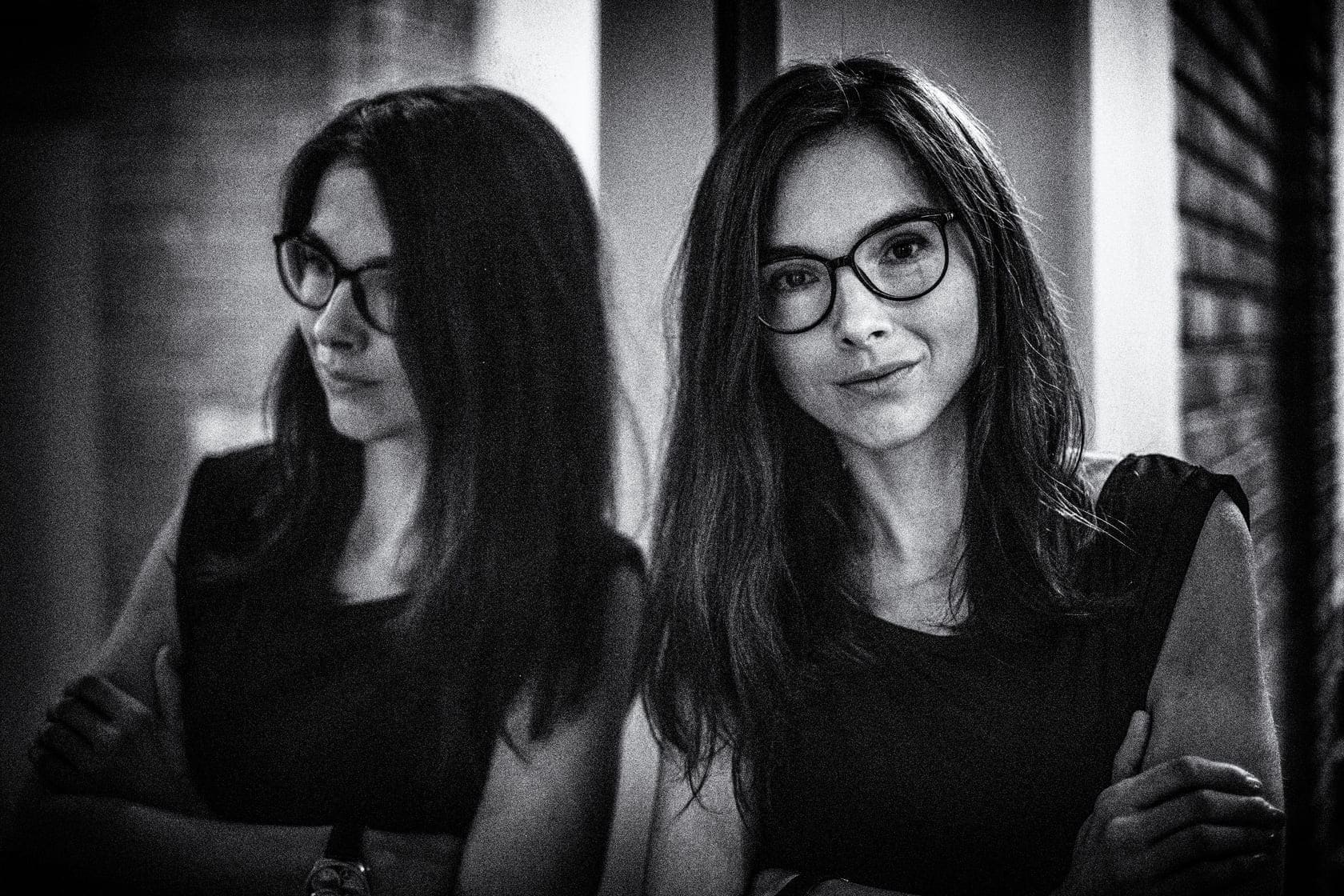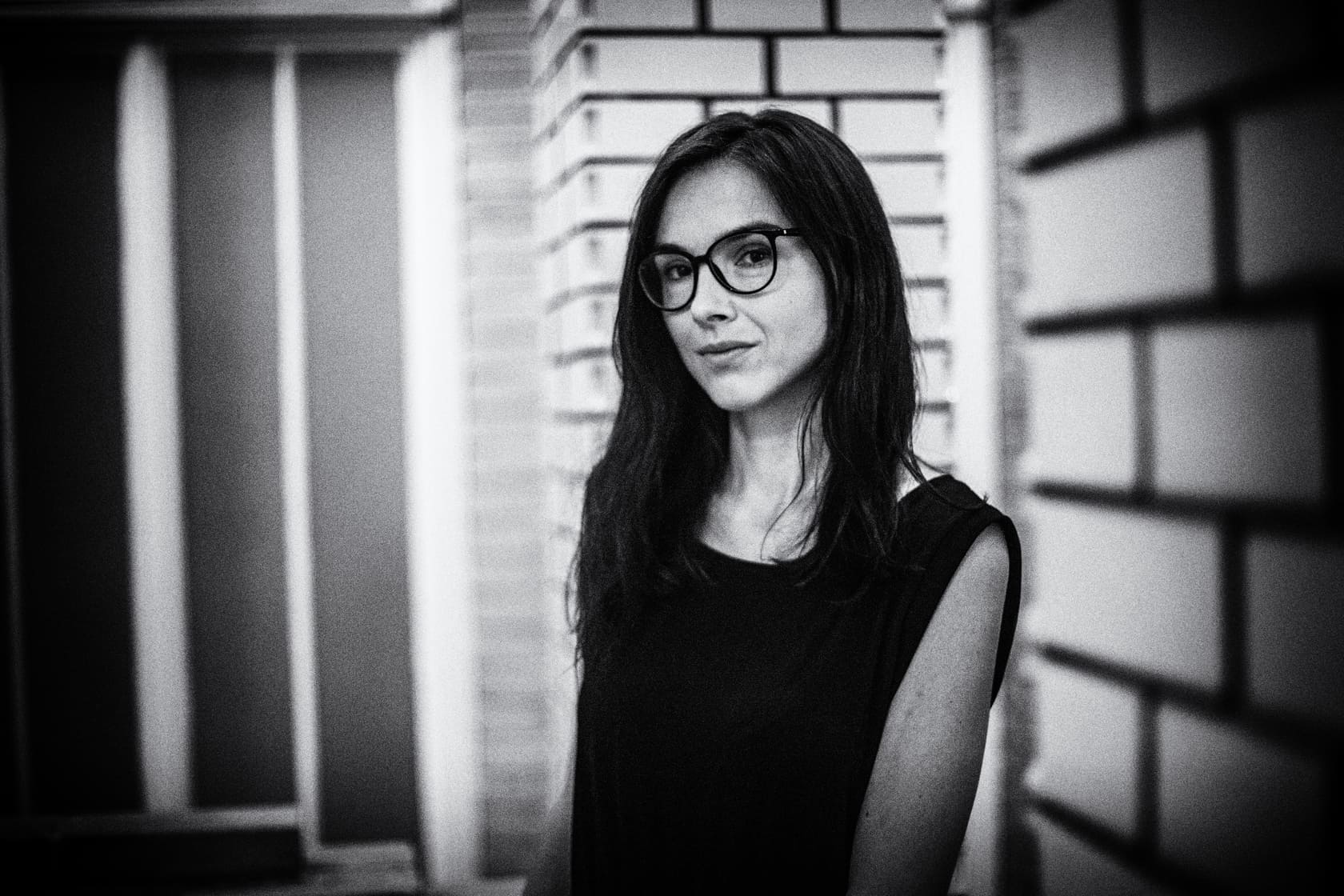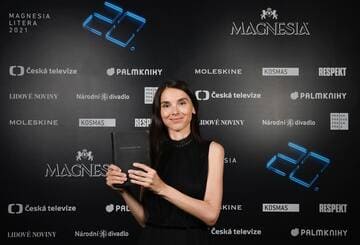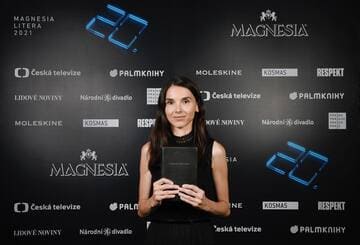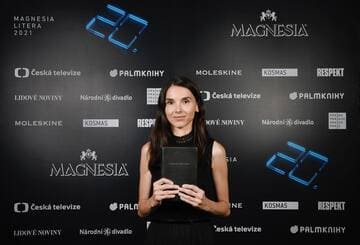Lenka Elbe
Lenka Elbe (b. 1979) was born in Louny, a historical town in the northwest of what was then Czechoslovakia. She studied Journalism and Mass Communication at Charles University. After a brief stint as a journalist, she started working as a copywriter and occasional screenwriter for television. Her fiction often combines the real and the fantastic; influenced by Franz Kafka, Umberto Eco and Haruki Murakami, Elbe explores the theme of freedom and the never-ending fight against dark currents attempting to destroy it. Besides writing, Elbe works in graphic design and photography. She lives in Prague.
THE MOST PRESTIGIOUS LITERARY AWARD (BEST FICTION DEBUT)
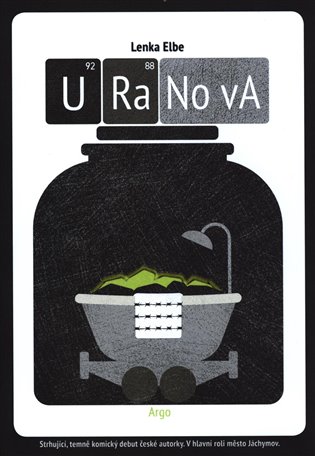
Uranova
September 2020, 400 pages
Rights sold: Poland (Wydawnictwo Kobiece), France (Éditions Aux forges de Vulcain)
Available material: English sample
A thrilling, darkly comic novel set in a town with a long mining tradition.
The story’s main character is Henry Robotham, an Englishman in his 50s. In August 1968, his girlfriend Angela was in Jáchymov, tracking down her Czech ancestors, when she fell into a hole and vanished without a trace. Thirty years later, Henry’s therapist recommends he return to the town of uranium, silver and heinous political crimes. He does so in order to bring to an end once and for all the trauma which has plagued his soul for three decades. He is accompanied on his journey to the post-revolutionary Czech Republic by his neurotic partner Suzanne, all of which marks the start of a successful literary experiment combining fantasy, absurdity and horror.
Download English summary
Download English sample
Downalod Spanish sample translation
Download German sample
Download French sample
“Uranova is immediately enthralling. (…) Original, genre-crossing and bubbling with ideas, Lenka Elbe’s prosaic debut might remind the reader of Miloš Urban’s style. The novel’s atmosphere is captivating, the narration dynamic and full of intelligent humor…”
– H7O.cz
“This novel is a pleasantly entertaining read, though the author also serves up some elegantly wrapped serious questions along the way. (…) In the insipid stream of Czech fiction dealing with all kinds of darkness and failure, this book shines like a long-awaited piece of wilderness.”
– Respekt
“Uranova is remarkable because Lenka Elbe’s literary debut is not just another manifesto by the new generation, and it doesn’t even try to hold up the proverbial mirror to society. It is first and foremost a courageous genre experiment which doesn’t need to boast about its uniqueness.”
— MF Dnes
“In addition to being entertaining and a pleasure to read, this novel also raises serious issues with an unobtrusive elegance. Lenka Elbe knows how to create original and distinctive characters and place them in situations where comic absurdity subtly transforms into mournful melancholy and vice versa.”
— RESPEKT
From the sample translation
On the ground, everywhere around her, puddles of gray water. Susanne Accord was clenching the edge of the bathtub, terrified, her face twisted in a tortured grimace. A strange liquid reminiscent of molten asphalt was trickling from her mouth in dark streams. She looked like she wanted to shout something, scream, even, but that black gunk, the sheer volume, made it impossible. All she could get out were a few weak mumbling sounds. It occurred to the doctor that Suzanne would probably appreciate her saying something, offering an explanation, or at least sharing her terror. But she did not afford her client any of those things. (…) Estela dropped the jar. The keys swung on their chain and hit the side of the bathtub with a sharp crash. Susanne’s eyes were now filled with not only fear but also black tears, which started forming around her tear ducts: the strange mass had started pouring from her eyes.
